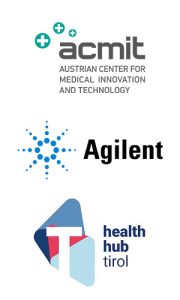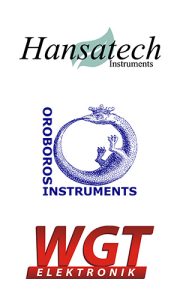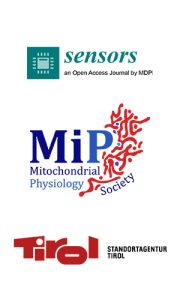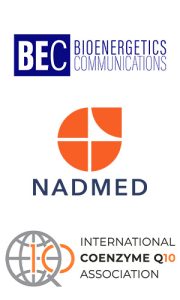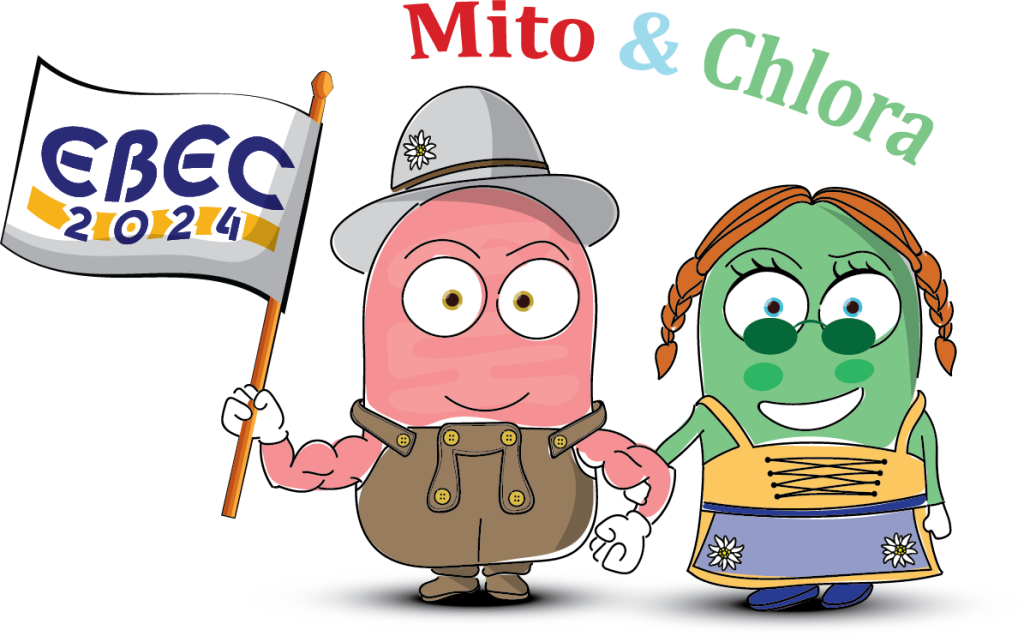Welcome to EBEC2024
I have the pleasure of organizing the 22nd European Bioenergetics Conference – EBEC2024: What is Life?.
EBEC2024 will place Spotlights on Mito and Chlora: cutting-edge research on mitochondria & chloroplasts, metabolism, and disease.
The conference promises to bring together students, experts, and stakeholders in the bioenergetics ecosystem, focusing on the current challenges and roles of mitochondria, chloroplasts, and bacteria in addressing the fundamental question What is Life?.
- From quantum physics and quantum information chemistry to quantum biology of respiratory and photosynthetic electron transfer. 80 years after Erwin Schrödinger’s What is Life?
- Another highlight is a Round Table: “EBEC Science Communication – publishers and publishing, science and teaching, dissemination and social media, sustainable conferences”
- Prof. Mårten Wisktröm’s scientific legacy will be honored, paying tribute to his remarkable contributions to bioenergetics
In the tradition of EBEC, oral presentations will be published optionally in the prestigious special issue of BBA Bioenergetics, peer-reviewed, open access, free of charge.
We will be pleased to welcome you and your team in Innsbruck. We appreciate your help in promoting EBEC2024 by sharing this event with your network.
The Mito&Chlora-Team is available to answer questions.
Looking forward to hearing from you and seeing you at EBEC2024,
Erich Gnaiger
EBEC2024 organizer
The unifying theme of EBEC
With best wishes,
John, Bob, Marten, and Peter
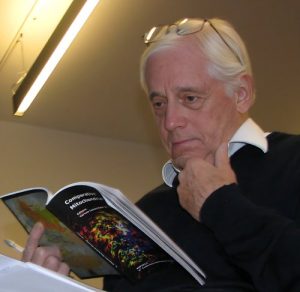
Professor Sir John Walker FRS, FMedSci
MRC Mitochondrial Biology Unit
University of Cambridge, UK
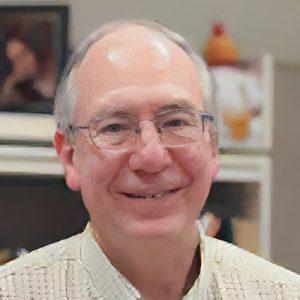
Robert Bennett Gennis, Professor Emeritus, Biochemistry
Dept of Chemistry
University of Illinois,
Urbana, IL, USA
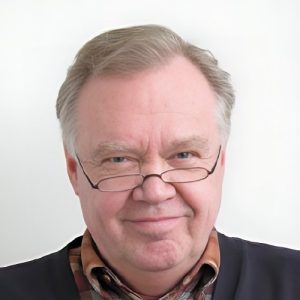
Mårten Wikström, (1945-2024)
Institute of Biotechnology
University of Helsinki, FI
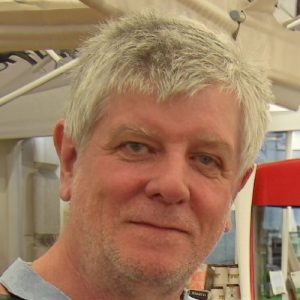
Peter R Rich, PhD, Professor Emeritus
Dept Structural and Molecular Biology
University College London, UK


